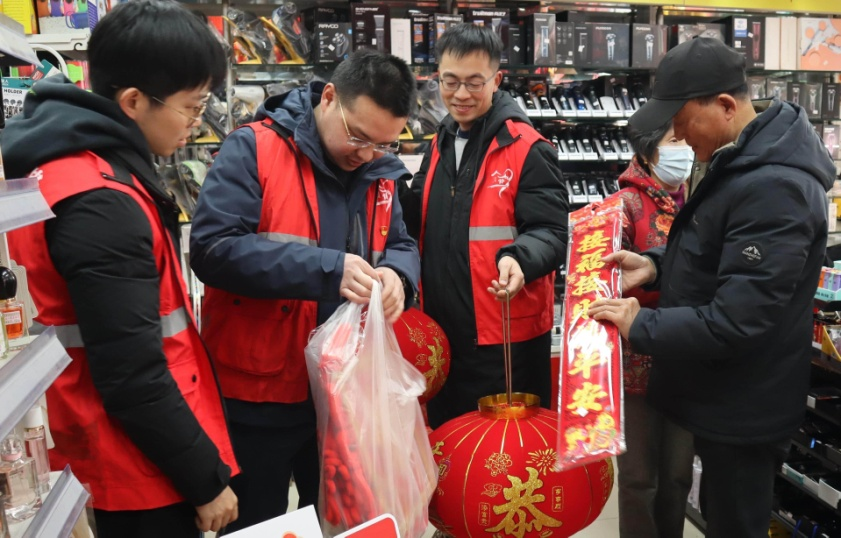“The Industry of Empathy”: How China’s Companion Economy Will Reach $7 Billion by 2025
25.10.2025 | 16:30 |A new and rapidly growing “companion economy” is emerging in China — a sector that includes professional assistant services for hospital visits, elderly care, and everyday household tasks. It is expected that by 2025, the market will reach 50 billion yuan ($7.01 billion).
The rise of this companion industry reflects profound social changes: high population mobility separating families, and a growing demand among the new generation of consumers for emotional well-being and personalized assistance. These services provide affordable, professional support, relieving clients of psychological burdens and compensating for the lack of human interaction.

The main advantage of the new industry lies on its ability to effectively meet the demand for professional care. As personal experience shows, assistants can wait patiently, clearly explain procedures, organize appointments, and even know where queues are shorter — all of which significantly improve quality of life.
The growing demand is driven by two key factors:
• High mobility: Families are often split between cities and regions, making timely communication and assistance difficult.
• New consumption patterns: Modern consumers are willing to pay for professional and emotionally attentive interaction.
Currently, the companion economy is still in its early stages and suffers from a lack of regulation. Service quality often depends on the personal qualities of assistants, which creates a risk of a “blind” or inconsistent client experience.
In response, the need for standardization is increasing. The China Association for Elderly Social Welfare and Services has already developed standards for medical companionship, including safety protocols, operational procedures, and complaint mechanisms. Some institutions have also begun implementing digital platforms to monitor and evaluate service quality in real time.
At the core of successful companionship lies human interaction — requiring empathy, patience, and clear boundaries to build trust. As China’s population ages and household sizes shrink, this sector — addressing both emotional and practical needs — is poised for sustainable growth.
ORIENT











